
Diabetic Eye Exams Prevent Vision Loss
According to Diabetes Canada, currently, one in three Canadians has diabetes (Type 1 or Type 2) or prediabetes. Furthermore, previous research shows that those 20 years of age today face a 50 percent chance of developing diabetes in their lifetime. Diabetes can increase the risk of heart attack, stroke, and vision loss and impact overall health. Regular diabetic eye exams are essential to manage diabetes and prevent irreversible vision loss. Schedule a diabetic eye exam with our Edmonton optometrists today and see how and why our eye exams are one of the most thorough, comprehensive, advanced, and personalized available.
Schedule An Exam Our Optometrists
(780) 473-6123
Diabetics Need Regular Eye Exams.
Diabetes: How It Impacts Your Vision
Diabetes is a disease that affects many areas of the body, including your eyes. In terms of ocular health, diabetes increases the risk of developing several eye diseases and conditions. These include glaucoma and cataracts, as well the risk of vision loss. The foremost eye health concern for individuals with diabetes is the development of diabetic retinopathy - a condition where the growth of new blood vessels can cause irreversible vision loss.
Diabetic retinopathy is a condition that can affect people with type 1 or type 2 diabetes. The longer you live with diabetes, the more likely you are to develop complications like diabetic retinopathy. That is why adopting lifestyle changes, learning to manage diabetes, and regular health exams are important.
Schedule A Diabetic Eye Exam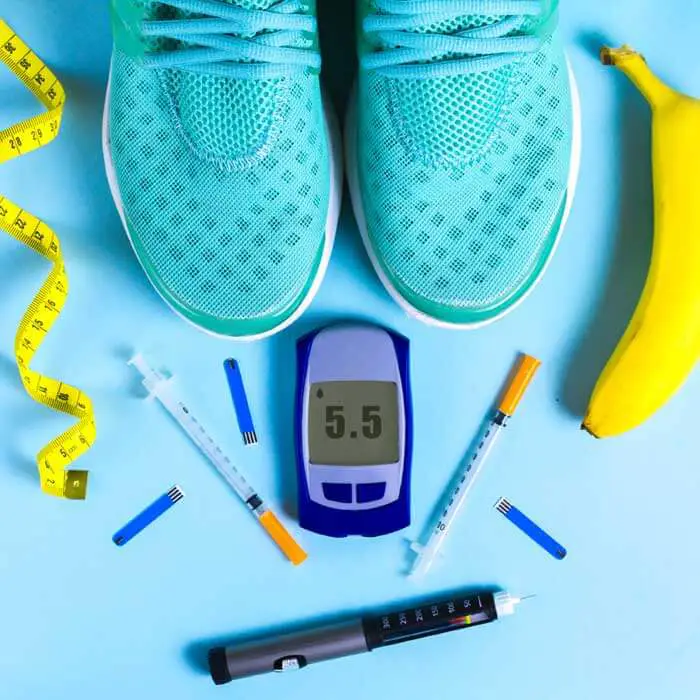
Eye-deology Vision Care.
What Is Included In A Diabetic Eye Exam?
A diabetic eye exam focuses on your eye health and managing your diabetes. Accordingly, it does not include an evaluation of your vision (i.e., visual acuity), or an eyeglass or contact lens prescription. Diabetic eye exams are covered by the Alberta Health Care Insurance Plan (ACHIP). If you wish to update your glasses or contact lenses prescription, you may schedule a comprehensive eye exam at the same, or on a seperate occasion.
Schedule A Diabetic Eye Exam
Modern Diagnostic Diabetic Eye Care Technology.
Retinal Photography & Retinal Imaging: Key To Early Detection & Managing Diabetes
Not all diabetic eye exams are created equal. Our optometrists incorporate modern diagnostic technologies, such as wide-angle digital retinal photography and Optical Coherence Tomography (OCT) to assist in the detection, treatment, and management of diabetes and diabetic retinopathy. The imagery provided by these technologies promote the early detection of eye disease and provide visual intelligence to assist in the co-management of diabetes by optometrists, physicians, and diabetes specialists.
Schedule A Diabetic Eye Exam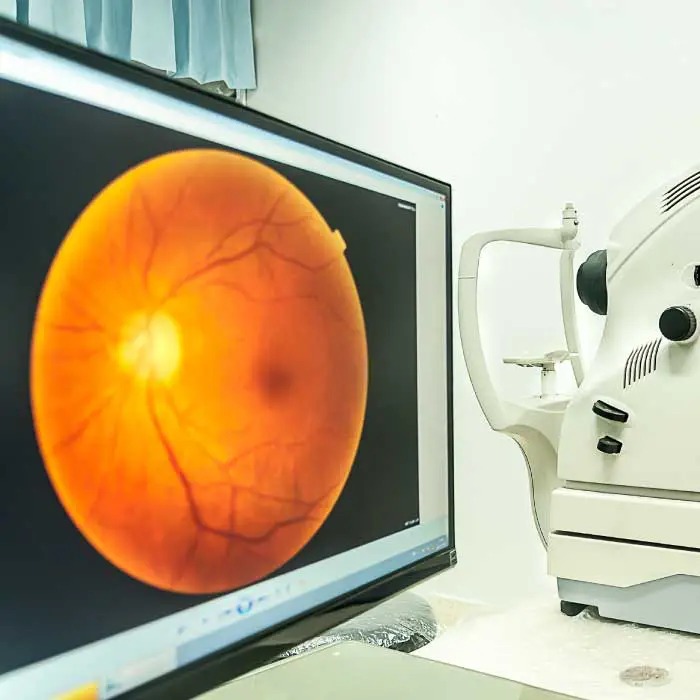
Eye-deology Vision Care.
Diabetic Retinopathy: What Is It & How Does It Impact Vision?
Diabetic retinopathy is a diabetes complication that affects the eyes. It is caused by damage to the blood vessels of the light-sensitive tissue at the back of the eye (i.e., retina). This damage occurs when chronically high blood sugar levels begin to clog or damage blood vessels within the eye's retina that contains light-sensitive cells (photoreceptors) necessary for good vision. In the early stages of diabetic retinopathy, blood vessel damage causes the retina to swell and form deposits. In later stages, leakage from blood vessels into the eye's clear, jelly-like vitreous can cause severe vision problems and may eventually lead to vision loss.
Schedule A Diabetic Eye Exam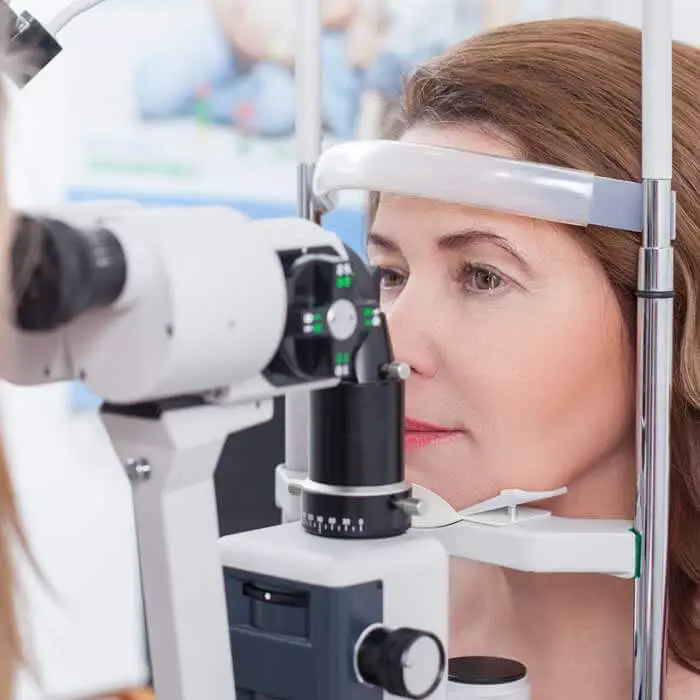
Normal Eye Vs. Eye With Diabetic Retinopathy
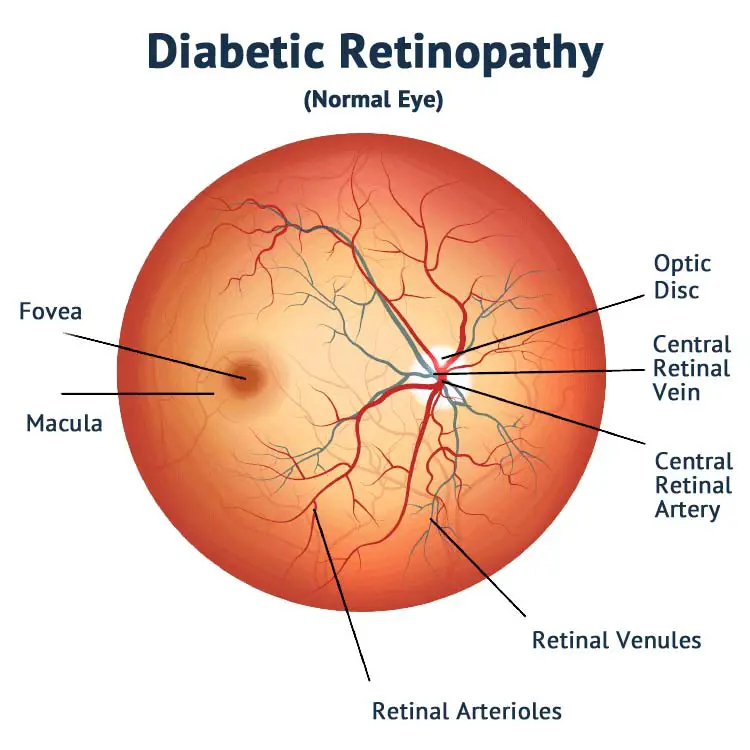
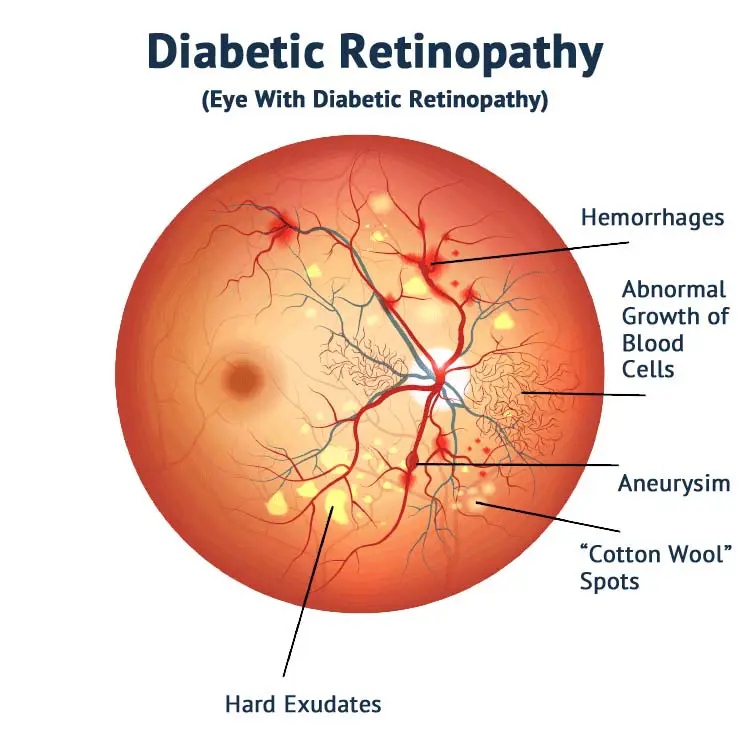
Vision Loss From Diabetes.
Diabetic Retinopathy: Signs and Symptoms
Like many eye diseases and conditions, diabetic retinopathy can produce no noticeable symptoms in its early stages. However, over time, the once mild conditions can worsen and lead to partial and complete blindness. You should visit our Edmonton optometrists if you experience any of the following symptoms:
- Floaters, or darks dots and strings, in your field of vision;
- Dark or empty areas in your field of vision;
- Blurry vision;
- Difficulty focusing;
- Vision that seems to fluctuate;
- Changed colour vision; or
- Partial to total vision loss.
Diabetic retinopathy typically affects both eyes similarly. Learn more about the symptoms, causes and treatment of diabetic retinopathy.
Schedule Diabetic Eye Exam
Maintaining Your Vision With Diabetes.
Regular Eye Exams: Ensure Early Detection & Treatment
The best way to manage eye problems related to diabetes is through early detection of retinal abnormalities, regular monitoring, and prompt treatment. Early detection and treatment typically begin with a dilated retinal eye exam.
eye-deology Vision Care diabetic eye exams and regular eye exams include digital retinal imaging and retinal visualization technologies like Optical Coherence Tomography (OCT). These technologies are critically importantant for the early detection and treatment of diabetic retinopathy and other eye diseases. They enable our Edmonton optometrists to see more so that you may never see less.
Schedule Diabetic Eye Exam
FYEyes Blog Posts
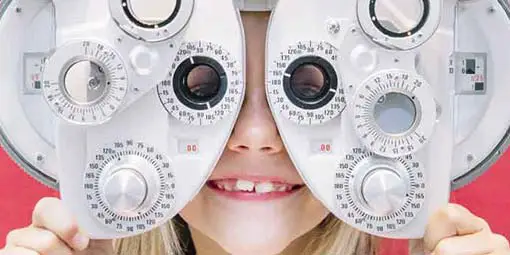
Are Eye Exams Free in Alberta?
Learn what eye care services the Alberta Health Care Insurance Plan covers.

The Benefits of Wearing Sunglasses
The benefits of wearing sunglasses extend beyond offering protection from eye-damaging ultraviolet light.

What is a dilated eye exam?
Learn why optometrists often dilate the eyes to better examine them.
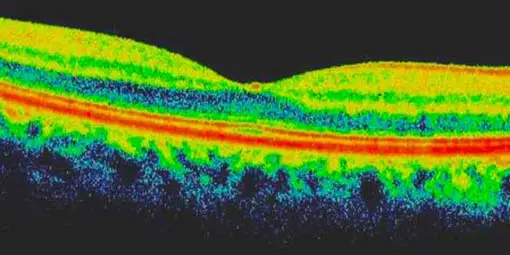
What is OCT Retinal Imaging?
Learn how important OCT is for the early detection of eye diseases like diabetic retinopathy.
Diabetes & Diabetic Eye Exam FAQs
- Manage your blood glucose, or sugar levels
- Manage your blood pressure
- Manage your cholesterol
- If you smoke, then quit
- Visit an optometrist for a dilated eye at lease once a year
- Your Alberta Health Care (AHC) card. This enables us to bill Alberta Health Care for the dilated retinal exam;
- Government issued photo ddentificatyion is required for all AHC visits;
- The name of your family doctor or diabetic specialist. We require this information to communication with your doctor and co-manage your diabetes effectively;
- A list of your current medications;
- Several recent blood sugar readings and details on their stability;
- Your most recent HgA1C reading and if is stable or increasing;
- Information regarding any previous eye surgeries; and
- Your current eyeglasses so that we determine any changes to your visual acuity.
Our Edmonton Optometrists
Searching for an optometrist in Edmonton? Our experienced Edmonton eye doctors use advanced modern technologies and devote upwards of 500% more time towards providing personalized patient care than elsewhere so that they can see more and ensure that you may never see less. Position yourself to see the future with a visit to our eye clinic and Edmonton's best eye care!

Dr. Jennifer Ash, OD
Dr. Jennifer Ash is the Resident Optometrist at Eye-deology Vision Care. Dr. Ash provides patient care 5 days a week. Read more about Dr. Ash.

Dr. Ruhee Kurji, OD
Dr. Ruhee Kurji is an Associate Optometrist at Eye-deology Vision Care. Dr. Kurji provides patient care Tuesdays & Fridays. Read more about Dr. Kurji.

Dr. Jade McLachlin, OD
Dr. Jade McLachlin is an Associate Optometrist at Eye-deology Vision Care. Dr. McLachlin provides patient care 5 days a week. Read more about Dr. McLachlin.

Dr. Tania Mathews, OD
Dr. Tania Mathews is an Associate Optometrist at Eye-deology Vision Care. Dr. Mathews provides patient care 2 days a week. Read more about Dr. Mathews.
Learn Why Our Edmonton Optometrists Are The Best!


